My entry for Supercraft888's Biplane Challenge. This is a replica of a Halberstadt D.II biplane flown by Leutnant Rudolf Nebel, an early rocket pioneer and spaceflight advocate, who came up with the idea of fitting air-to-air rockets onto his plane. Sadly, this plane is a tad bit underperforming due to the rocket armament and my insistence in maintaining an accurate horsepower to weight ratio. However, with a little practice, I'm sure you can get the hang of dogfighting in this plane. Apply left rudder on takeoff to avoid swerving off of the airfield. AG 1-4 for rockets.
History:
Believed to have been first tried within the first six months of 1916, future German rocketry pioneer Leutnant Rudolf Nebel, then flying as a fighter pilot with Jasta 5, one of the earliest German fighter squadrons within the Luftstreitkräfte, used a Halberstadt D.II aircraft of that unit in the first known German attempt at arming an aircraft with wing-mounted rockets as long range armament. Leutnant Nebel used a set of four improvised tubular launchers, two mounted per side on the wings, with a signal rocket being fired from each tube for the unofficial trial. According to Leutnant Nebel's apparently "undated" account, he took off on a defensive mission when 25 Allied aircraft appeared in the air near Jasta 5's base. He managed to fire his improvised rocket armament at a distance of 100 m (330 ft) from the Allied fighter formation, in a "head-on" attack at it and scared one British pilot into surrendering as the British aircraft landed safely in German territory, with Leutnant Nebel landing no more than 20 m (70 ft) away, to ensure the British pilot's capture. Just over a week later, Leutnant Nebel used his improvised rocket armament again and blew the propeller off an Allied aircraft, causing it to crash land.
https://en.m.wikipedia.org/wiki/Halberstadt_D.II
Specifications
General Characteristics
- Predecessor (Closed) Bi-Plane challenge
- Created On iOS
- Wingspan 28.0ft (8.5m)
- Length 23.3ft (7.1m)
- Height 10.2ft (3.1m)
- Empty Weight 5,610lbs (2,544kg)
- Loaded Weight 5,610lbs (2,544kg)
Performance
- Horse Power/Weight Ratio 0.071
- Wing Loading 16.4lbs/ft2 (80.0kg/m2)
- Wing Area 342.6ft2 (31.8m2)
- Drag Points 5423
Parts
- Number of Parts 215
- Control Surfaces 20
- Performance Cost 699

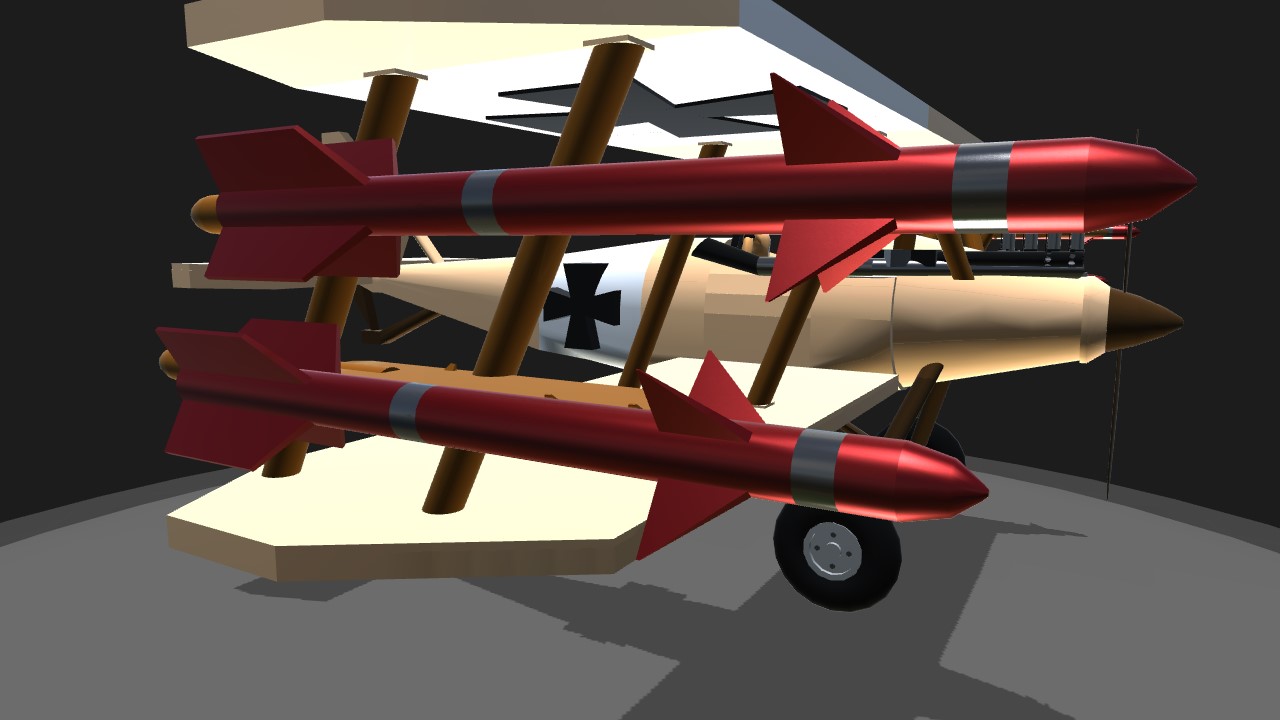
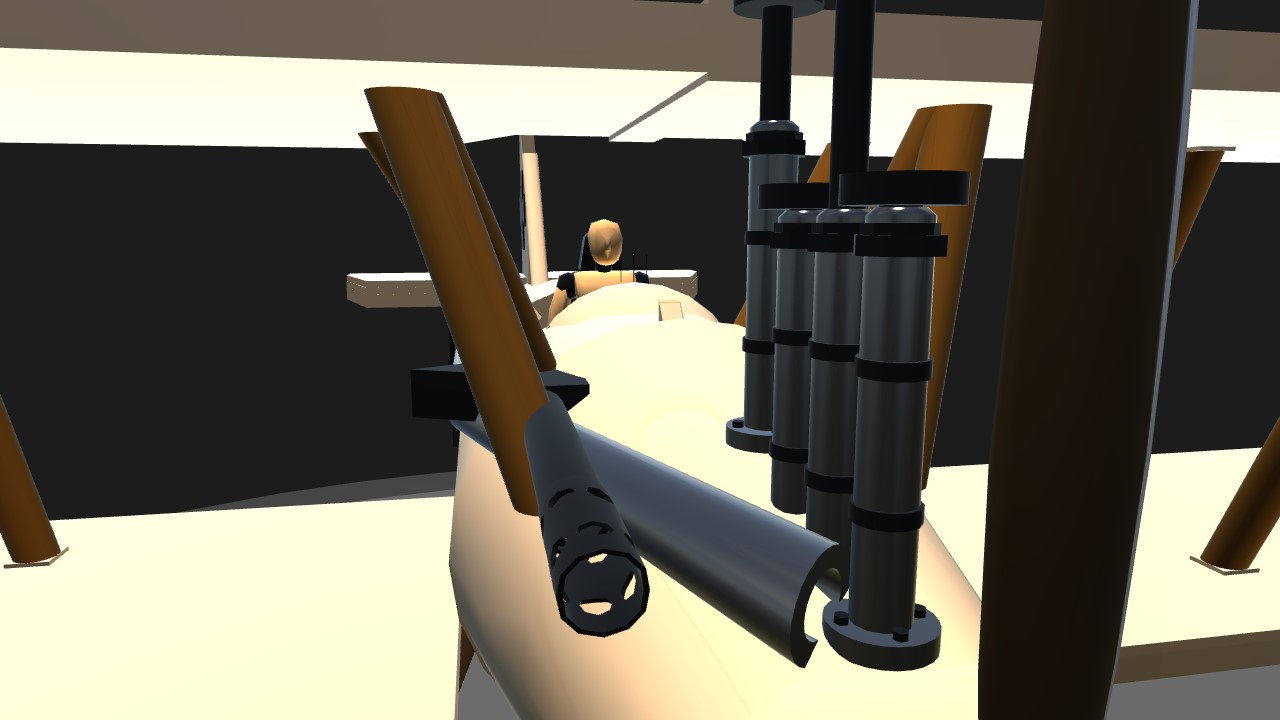
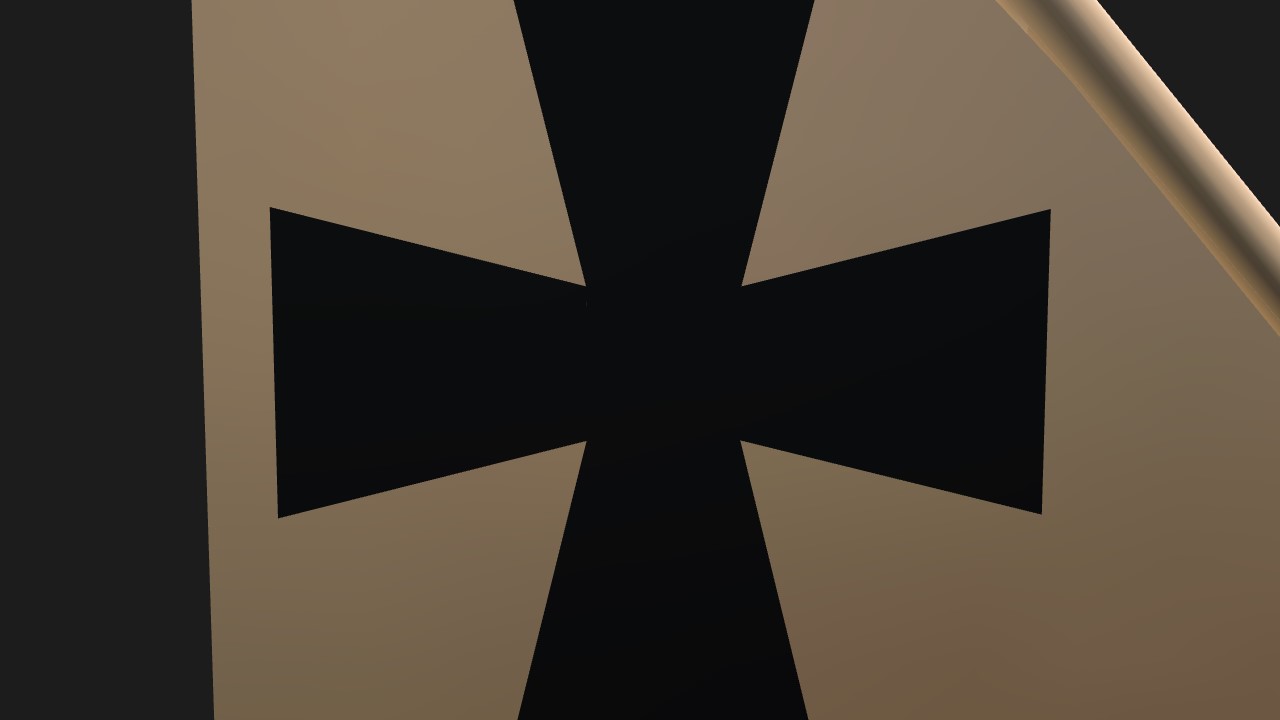
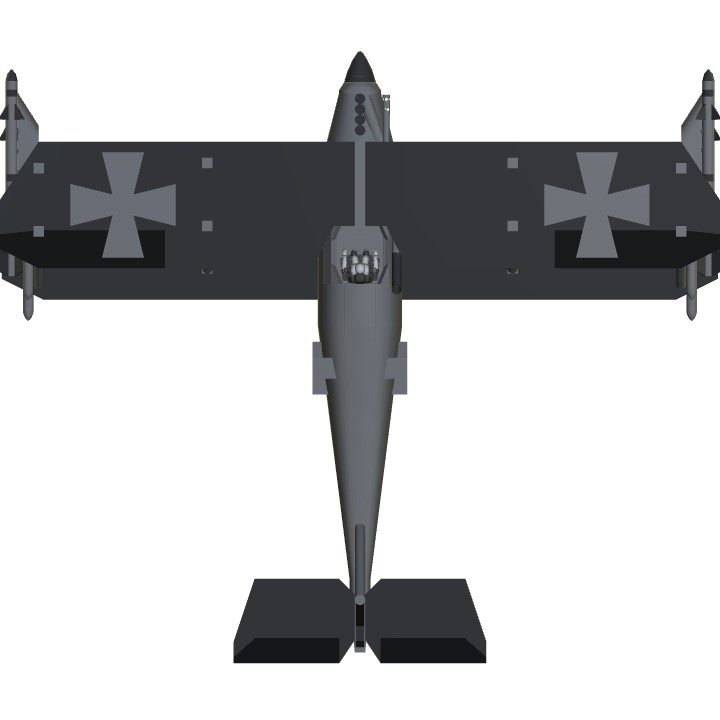
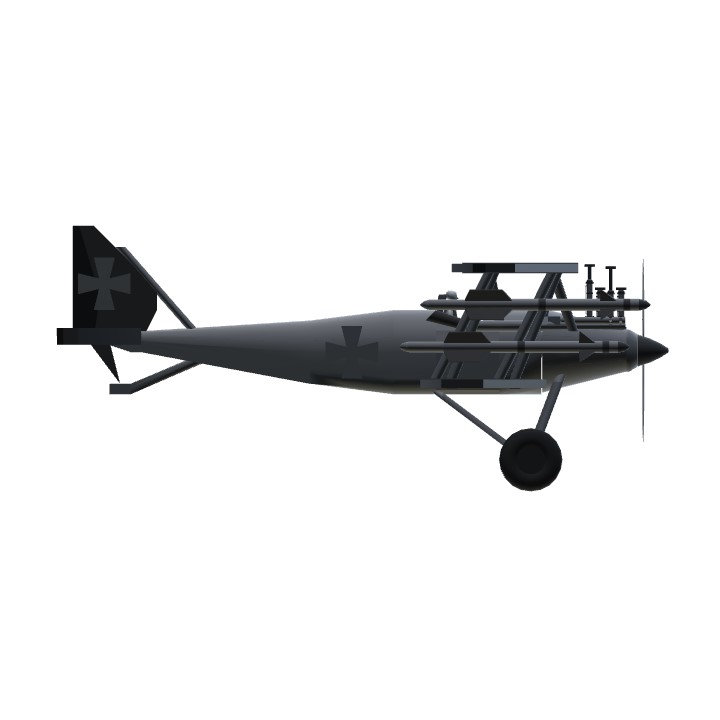
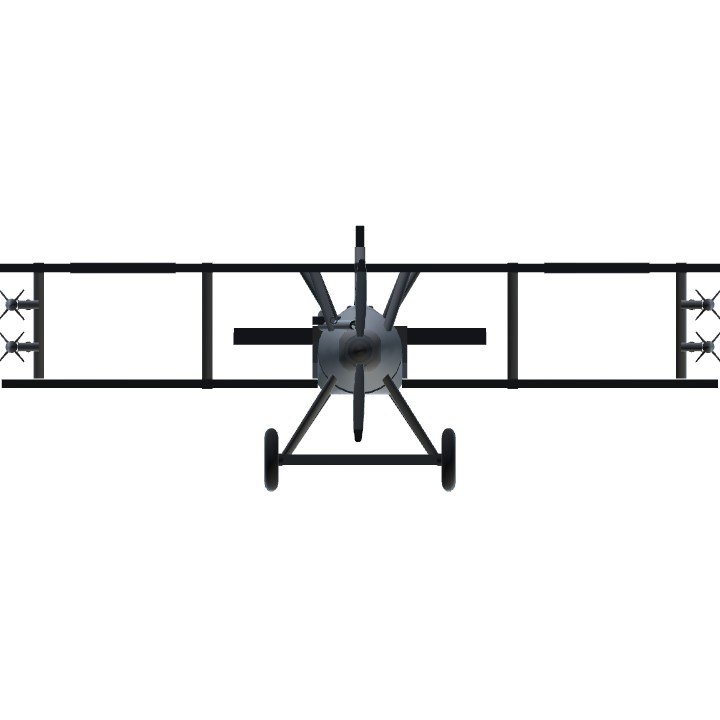
This plane looks great! Albeit the controlling could be better
-rating-
10/10 for aesthetic, the cockpit, decals, the wheels, everything looks great about it!
6/10 for preformance, taking off is extremely difficult, but dogfighting isn't too bad!
10/10 for description.
8.5/10 for fun
-overall-
34.5/40